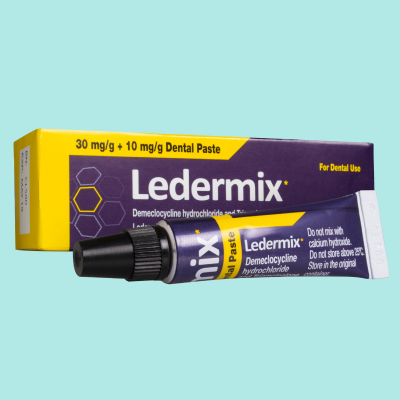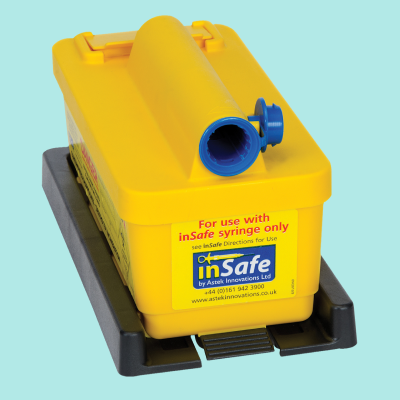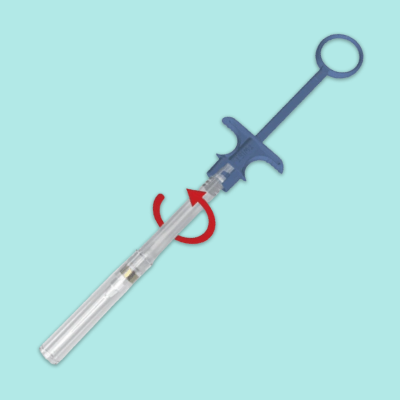Pharmaceuticals can be prescribed to dental patients for a number of reasons. These range from controlling pain and relieving anxiety to preventing infection and managing a medical emergency. Though dental nurses are not able to supply or administer medicines without the prescription of a dentist, having a basic understanding of the most common types of dental pharmaceuticals is important. Most of the pharmaceutical products mentioned and linked to in this article are prescription only medicines and only available to purchase by GDC registered dentists.
Please note this article is for educational purposes only and should not be considered medical advice nor a substitute for the expertise of a suitably qualified professional.
The BDA recommends non-opioid analgesics as the first line measure for dental post-operative pain in accordance with the WHO analgesic ladder.
The National Institute for Health and Care Excellence (NICE) issues the following advice for prescribing analgesics:
- A full therapeutic dose of one drug should be used before considering switching to a different analgesic or adding another analgesic.
- The underlying cause of the pain should be treated whenever possible.
- People who experience continuous pain should receive regular analgesia following a full clinical assessment.
- Combination analgesics should be avoided as first-line treatment. Prescribing single constituent analgesics allows independent titration of each drug.
Analgesics are normally delivered orally via tablets or capsules.
Local Anaesthetics
Local anaesthesia is commonly used in dental procedures to numb pain in a specific area of the tissues of the mouth. The patient remains fully conscious during treatment. Local anaesthetics are the predominant choice for fillings, extractions, root canal and crown placement. Administration is normally done by injection: infiltration injection (numbing a small area at the site of the injection) or block injection (numbing an entire region of the mouth by administering anaesthesia to a nerve).
It can also be given as a topical ointment, via spray or drops.
Antibiotics
Antibiotics are used frequently by dentists to prevent and treat bacterial infections. Administration of antibiotics is not without its risks, so as with all drugs they are carefully prescribed. It is also important to minimise the use of antibiotics in order to reduce the chance of antibiotic-resistant infections developing.
Emergency Drugs
All members of the dental team should be familiar with these pharmaceuticals and what type of medical emergencies they are used to manage. However, it’s important to understand which members of the dental team are permitted to administer each drug.
For example, adrenaline and glucose are not covered by the Medicines Act 1968, and therefore could potentially be administered to patients by any member of the team. However, it is important that the person administering the drug has both the competence and expertise to do it. Your dentist will be able to advise on the extent to which you should assist with providing first aid to patients, including providing assistance with emergency drugs.





